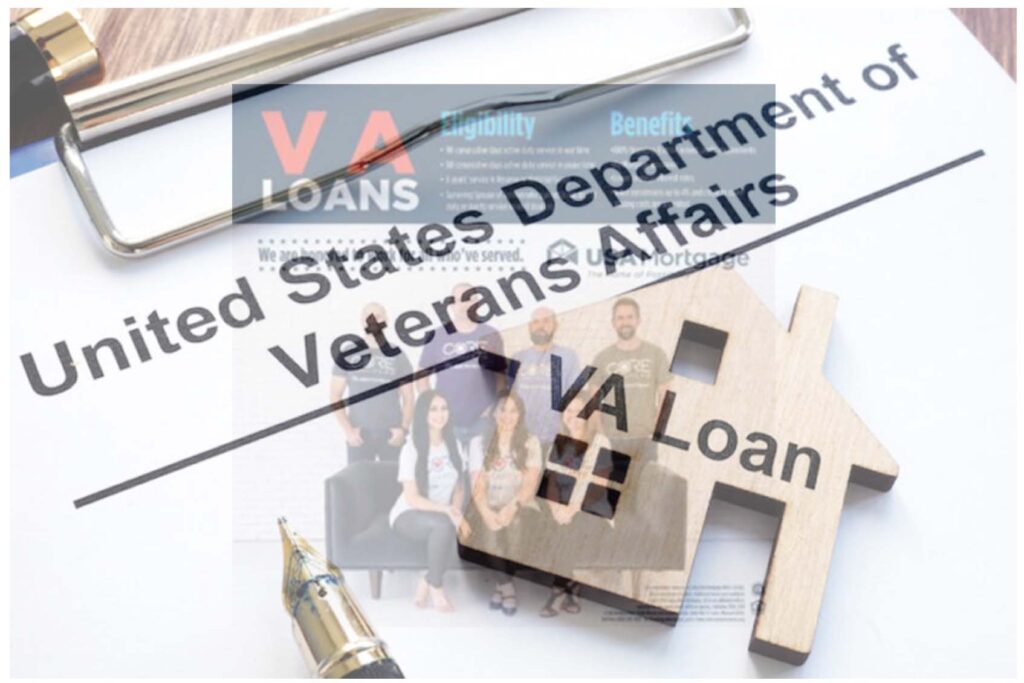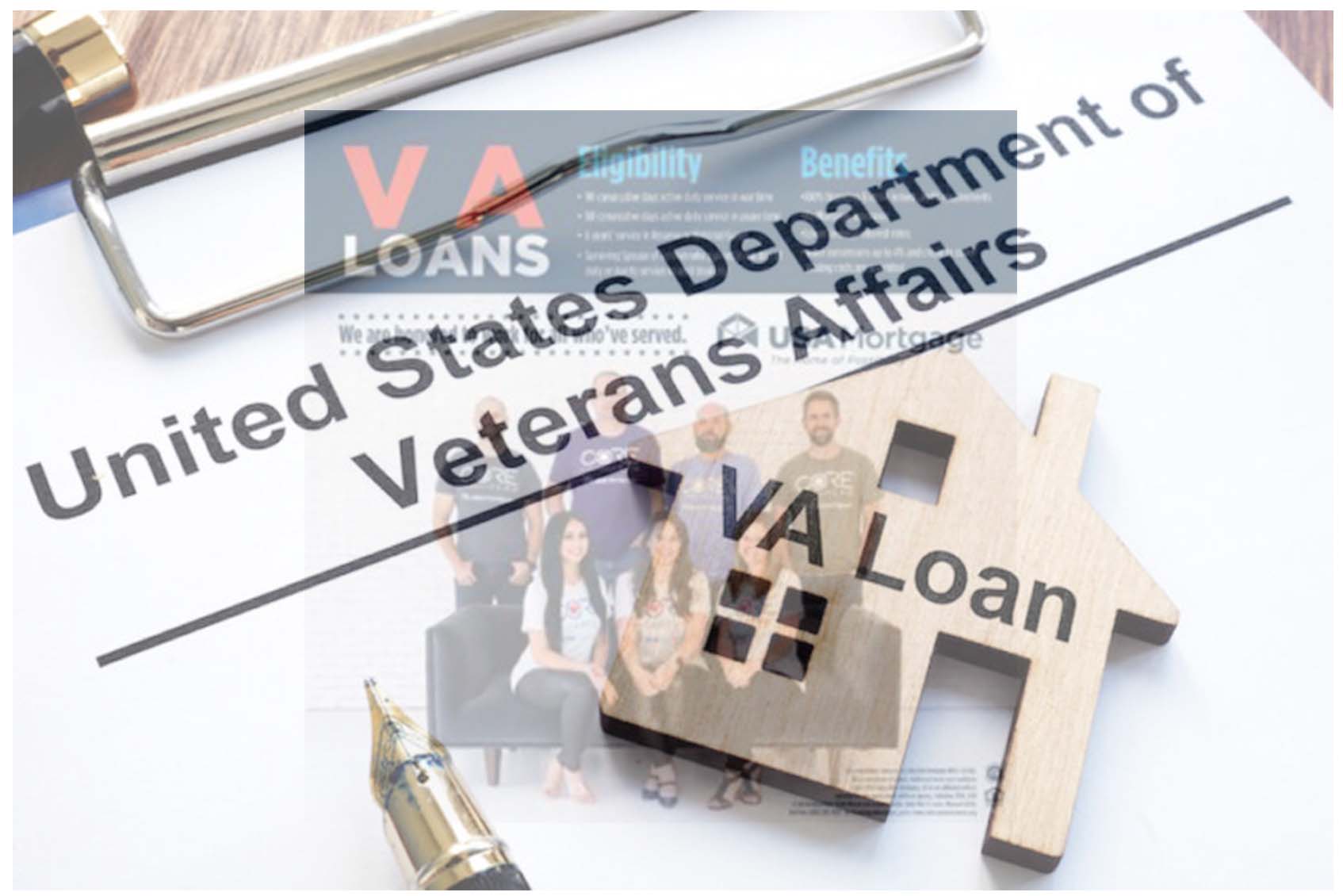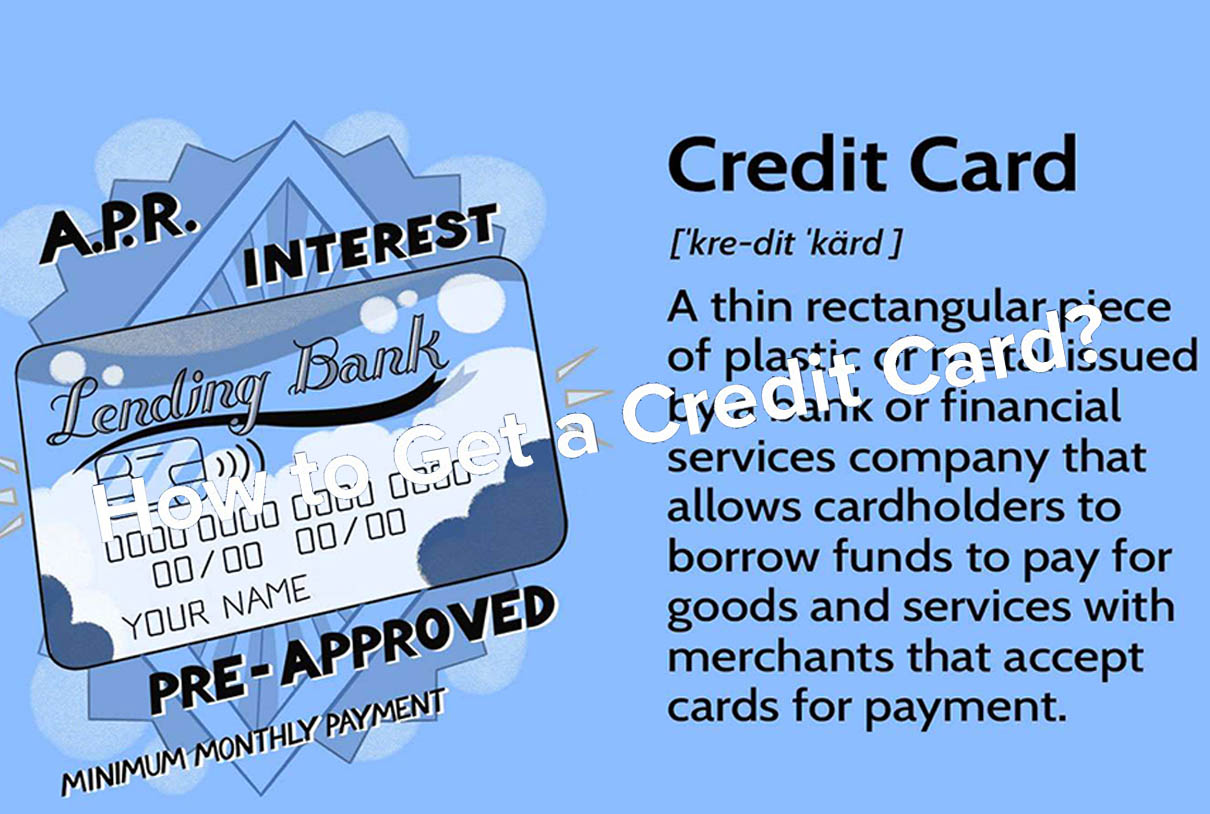
let’s start by understanding what VA loans are and how they differ from traditional mortgages. VA loans are a type of mortgage guaranteed by the U.S. Department of Veterans Affairs, exclusively available to veterans, active-duty service members, and eligible surviving spouses. These loans are offered by private lenders, such as banks and mortgage companies, but with VA backing, which means less risk for the lender and more favorable terms for the borrower.
Eligibility Requirements for VA Loans
Service Period Requirements
To be eligible for a VA loan, individuals must meet certain service period requirements. Generally, veterans must have served at least 90 consecutive days of active service during wartime or 181 days during peacetime. For National Guard members and reservists, specific criteria apply. The VA provides detailed information on its website to determine eligibility based on service period.
Credit Score and Financial Eligibility
While VA loans are known for their flexibility, lenders still consider credit scores and financial history. While there is no official minimum credit score requirement from the VA, most lenders look for a credit score of around 620 or higher. Additionally, lenders assess the borrower’s financial stability to ensure they can afford the loan.
Certificate of Eligibility (COE)
To apply for a VA loan, eligible individuals must obtain a Certificate of Eligibility (COE) from the VA. The COE serves as proof of the borrower’s entitlement and confirms their eligibility for the VA loan program.
Advantages of VA Loans
VA loans offer several advantages that make them an attractive option for eligible borrowers:
No Down Payment
One of the most significant benefits of VA loans is that they typically do not require a down payment. This can be a game-changer for many veterans who might not have substantial savings for a traditional mortgage down payment.
Lower Interest Rates
VA loans often come with lower interest rates compared to conventional loans. This can result in significant savings over the life of the loan.
No Private Mortgage Insurance (PMI)
Since the VA guarantees a portion of the loan, borrowers are not required to pay private mortgage insurance (PMI). This further reduces the overall cost of the loan.
Flexible Qualification Standards
VA loans have more lenient qualification standards compared to conventional loans. This is particularly beneficial for borrowers with less-than-perfect credit or those who may not meet strict financial criteria.
Closing Cost Assistance
Sellers are allowed to contribute towards the borrower’s closing costs, making it easier for veterans to cover the expenses associated with the home purchase.
The VA Loans Process
Securing a VA loan involves several steps, and understanding the process is crucial for a smooth homebuying journey:
Pre-Approval
Before starting the home search, prospective borrowers should seek pre-approval from a VA-approved lender. Pre-approval gives borrowers an estimate of how much they can afford and streamlines the house-hunting process.
Finding a VA-Approved Lender
To obtain a VA loan, borrowers must work with a lender approved by the VA. These lenders are well-versed in the VA loan process and can guide borrowers through the necessary steps.
Home Selection and Offer
Once pre-approved, borrowers can begin searching for their dream home. When they find the right property, they make an offer to the seller.
VA Appraisal
Before the loan is approved, the property must undergo a VA appraisal to determine its value and ensure it meets the VA’s minimum property requirements.
Closing the Loan
After the appraisal, the lender will process the loan and schedule a closing. At the closing, all parties sign the necessary documents, and ownership of the property is transferred to the borrower.
VA Loans Limits and Entitlement
Determining Loan Limits
The VA does not set a specific loan limit. Instead, it uses a formula to calculate the maximum amount of loan the VA can guarantee. This formula considers the county’s conforming loan limit and the entitlement available to the borrower.
Understanding Entitlement
Entitlement is the amount the VA guarantees for each eligible borrower. Most veterans have full entitlement, which usually allows them to obtain a loan up to the conforming loan limit. In some cases, veterans may have remaining entitlement, enabling them to use it for another VA loan.
VA Loans Funding Fee
Purpose of the Funding Fee
To maintain the VA loan program and cover potential losses, the VA charges a funding fee at the time of closing. The funding fee is a percentage of the loan amount and varies depending on factors like the borrower’s military category, down payment amount, and whether it is the borrower’s first VA loan.
Factors Affecting the Fee
The funding fee percentage is higher for borrowers with a lower down payment and subsequent use of the VA loan benefit. On the other hand, borrowers with service-connected disabilities are usually exempt from paying the funding fee.
Exemptions from the Funding Fee
Certain individuals, such as surviving spouses of veterans who died in service or due to service-related disabilities, may be exempt from paying the funding fee.
VA Loans Assumption
Transferring a VA Loan to Another Person
In some situations, a borrower may want to transfer their VA loan to another eligible individual. This process is known as VA loan assumption.
Benefits of VA Loan Assumption
Assuming a VA loan can be a viable option, especially if the current interest rates are higher than the original loan’s rate. It allows the new borrower to take advantage of the lower interest rate and the benefits associated with a VA loan.
The Process of Loan Assumption
For a VA loan assumption to occur, the new borrower must meet the lender’s credit and income standards. Additionally, they will need to fill out an assumption package and pay a nominal fee to process the assumption.
VA Loan Refinancing Options
Interest Rate Reduction Refinance Loan (IRRRL)
The IRRRL, also known as the VA Streamline Refinance, is a popular option for borrowers with existing VA loans who want to refinance to a lower interest rate. The IRRRL requires less paperwork and can be completed faster than traditional refinancing.
Cash-Out Refinance
A cash-out refinance allows borrowers to tap into their home’s equity and receive cash at closing. The cash can be used for various purposes, such as home improvements or debt consolidation.
Streamline Refinance
The Streamline Refinance option is available to borrowers with non-VA loans who want to refinance into a VA loan. This option simplifies the refinancing process and reduces the paperwork required.
Conclusion
VA loans have been a lifeline for many veterans and military personnel, offering them the opportunity to achieve the American dream of homeownership. With no down payment, lower interest rates, and other attractive benefits, VA loans remain a compelling choice for eligible individuals. If you are a veteran or active-duty service member considering homeownership, exploring the benefits of a VA loan can be a wise first step towards making your dream home a reality.
FAQs
- What is the minimum credit score required for a VA loan? There is no official minimum credit score requirement set by the VA. However, most lenders typically look for a credit score of around 620 or higher.
- Can I use my VA loan benefit more than once? In many cases, yes. Most veterans have full entitlement, which usually allows them to obtain another VA loan, provided they have paid off the previous one or sold the property.
- Are there income limits for VA loan eligibility? The VA does not set specific income limits for VA loan eligibility. However, lenders will evaluate the borrower’s income and financial stability during the loan approval process.
- Can a surviving spouse of a deceased veteran be eligible for a VA loan? Yes, in certain situations, surviving spouses of veterans who died in service or due to service-related disabilities may be eligible for a VA loan.
- Is it possible to have multiple VA loans simultaneously? Under certain circumstances, it is possible to have more than one VA loan at the same time. This largely depends on the borrower’s remaining entitlement and other eligibility factors.


